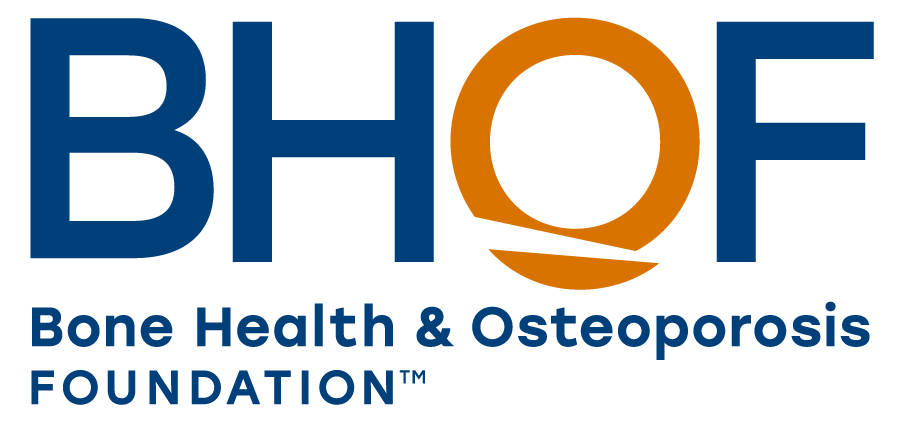It’s not hard these days to find a coffee shop around the corner with all varieties of caffeinated options. Should you be worried about how much you consume? Probably not, unless the amount of caffeinated coffee or tea you drink is excessive.
 Some studies link caffeine consumption with negative effects on calcium metabolism, possibly related to caffeine increasing loss of calcium in the urine, and decreasing calcium absorption in the body. Over time, having less calcium available could cause bone loss.
Some studies link caffeine consumption with negative effects on calcium metabolism, possibly related to caffeine increasing loss of calcium in the urine, and decreasing calcium absorption in the body. Over time, having less calcium available could cause bone loss.
However, the effect of caffeine is weakened in individuals who are getting enough calcium in their diet (e.g., 1,000 to 1,200 mg from total of food and supplements). Caffeine may very modestly reduce calcium absorption (by about 4 mg of calcium per cup of coffee), but this can be offset completely by adding 1–2 tablespoons of milk to your coffee.
If you have a good calcium and vitamin D intake, there is little reason for concern about moderate caffeine intake on your bones (e.g., up to 6 cups of coffee or tea) although it could raise your blood pressure or increase your heart rate.
If you consume large quantities of coffee or tea (plus other caffeinated drinks, like colas), consider moderation. At first you may experience withdrawal symptoms like headaches, so stay hydrated while you are cutting back.
Keep a diary of what you are drinking for a few days. Take note of your calcium and vitamin D intake. Reduce your caffeine if necessary and make sure you meet your daily requirements of calcium and vitamin D.
Heaney, R. “Effects of caffeine on bone and the calcium economy,” Food and Chemical Toxicology, v. 40, Issue 9, September 2002, Pages 1263-1270.
Reviewed: 3/17/19
